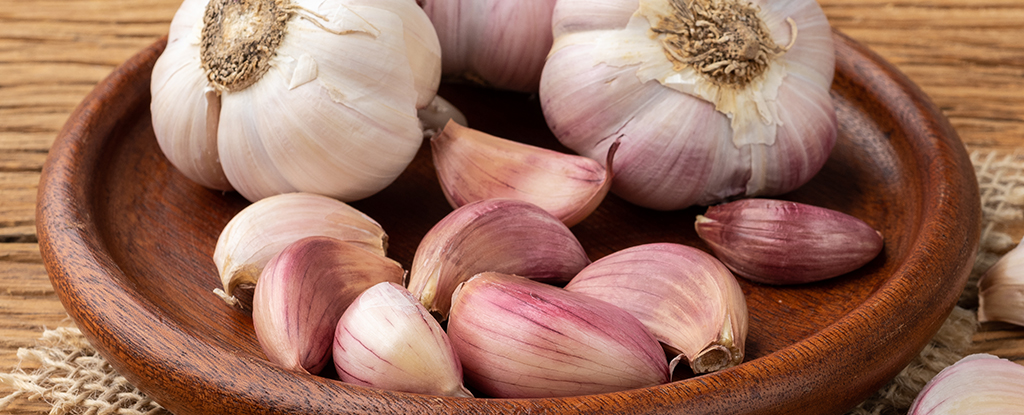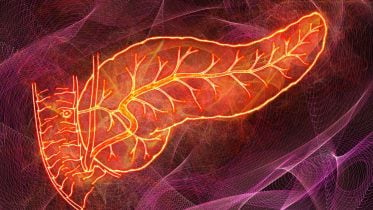
Glucose
In enzymology, a glucose 1-dehydrogenase (NAD+) (EC 1.1.1.118) is an enzyme that catalyzes the chemical reaction D-glucose + NAD+ ⇌ {\displaystyle \rightleftharpoons } D-glucono-1,5-lactone + NADH + H+Thus, the two substrates of this enzyme are D-glucose and NAD+, whereas its 3 products are D-glucono-1,5-lactone, NADH, and H+.


